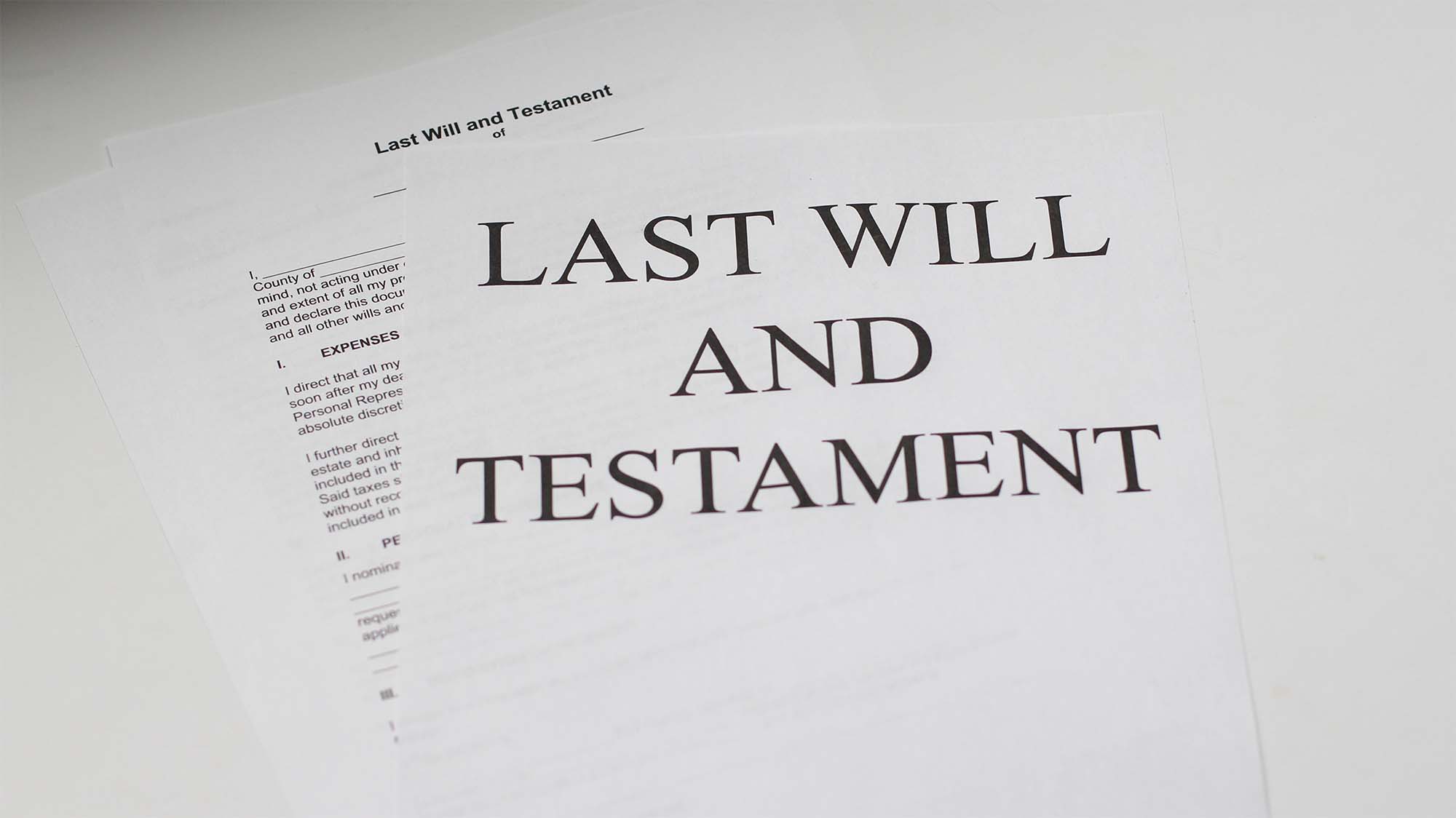The role of an executor of a will is a position of trust. It is someone who is responsible for managing and distributing the estate of a deceased person according to their wishes. Unfortunately, there have been cases where an executor has abused their authority and committed fraud, leaving the beneficiaries with nothing. This is known as executor fraud, and it can be devastating. In this blog post, we will discuss what executor fraud is, how it happens, and most importantly, how you can protect yourself from it.
What is Executor Fraud?
Executor fraud can take many different forms, from misappropriating funds to forging documents. The most common form of executor fraud is when the executor manipulates the will to their advantage. For example, they may add a clause to the will that gives them a larger percentage of the estate than agreed upon or cut out certain beneficiaries altogether. They may also sell off assets for less than their value, pocketing the difference.
How to avoid it
In many cases, the beneficiaries are not even aware of the fraud until it is too late. They might not know the intricacies of estate law, and so they trust the executor to carry out their loved one’s wishes. Sadly, this trust can be misplaced. It is crucial that beneficiaries are aware of the warning signs of executor fraud, such as a sudden change in the executor’s behaviour, a lack of transparency, and an unwillingness to provide financial statements.
One of the ways to protect yourself from executor fraud is to appoint an independent executor. This is someone who is not related to the deceased or the beneficiaries and has no stake in the outcome of the will. Appointing an independent executor can help avoid conflicts of interest. If an independent executor is not available, beneficiaries can also ask for an accounting of the assets and liabilities of the estate.
Another way to protect yourself is to monitor the activities of the executor. Beneficiaries should request regular updates on the estate’s distribution and scrutinize any suspicious transactions. It is also advisable to obtain legal representation early on, allowing them to help navigate through the complexities of estate law.
Even with the best of precautions, executor fraud can still happen. In case of any suspicions, beneficiaries can contest the will in court. However, this can be costly and time-consuming, which is why it is crucial to be vigilant from the start. Beneficiaries should know their rights and be aware of any irregularities in the will or the conduct of the executor.
Conclusion:
Losing a loved one is already a difficult time, but becoming a victim of executor fraud can make it even worse. The key to protecting yourself from executor fraud is to be proactive. Beneficiaries should educate themselves on the warning signs, monitor the executor’s activities, and seek legal advice when necessary. Appointing an independent executor can also greatly reduce the risk of any conflicts of interest. With these measures in place, beneficiaries can ensure that their loved one’s wishes are carried out honestly and fairly.
If you are interested in learning more about anything raised in this blog, contact our litigation lawyers today.
This is general information only and does not constitute legal advice.
If you or someone you know would like more information or require advice about anything raised in this article, please contact us on (07) 5458 6855 or email mklein@kleinlegal.com.au


